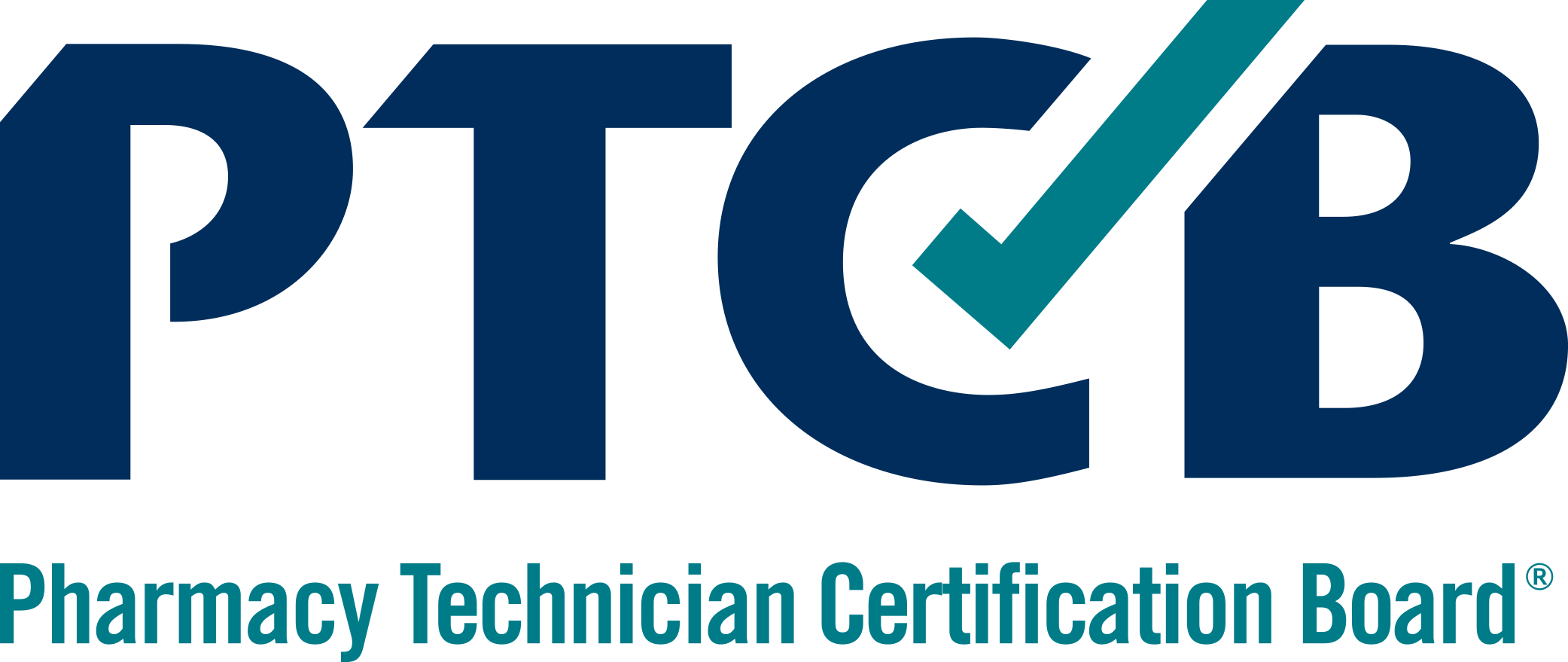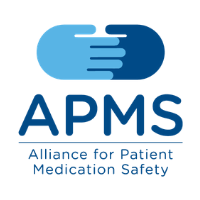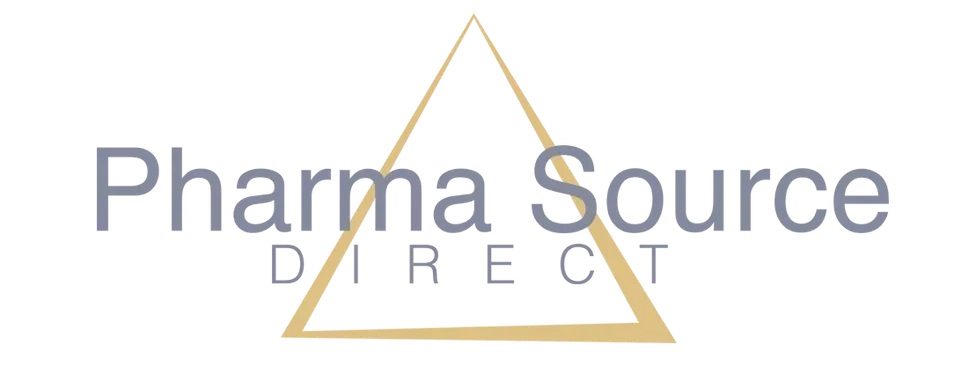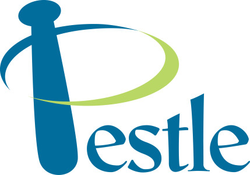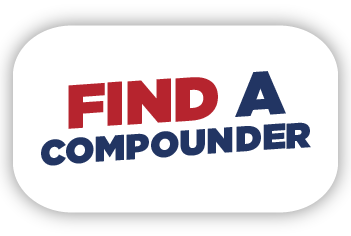October 27, 2020
FDA and Congress; CBD and hemp (and marijuana)
Congress wanted to help the hemp industry. Hemp isn’t marijuana, although they are related. So in the Agriculture Improvement Act (AIA) of 2018 it removed hemp from the definition of marijuana, and gave control of regulating hemp from the DEA to the U.S. Department of Agriculture.
If it has a THC concentration of “not more than 0.3 percent on a dry weight basis,” it was considered “hemp” and regulation went to USDA.
The pharma connection: This also applies to CBD products. And in 2019, the DEA told industry that “… after a review of the AIA, it determined that synthetic cannabinols (CBD) containing less than 0.3% Δ9-THC met the definition of “hemp” and therefore were no longer scheduled drugs under the CSA.”
So synthetic CBD was also cool, as long as it had little to no THC.
But now DEA has issued a interim final rule … and seems to be saying the opposite. Any synthetically derived tetrahydrocannabinols, it said, remain schedule I drugs, even if the THC is less than 0.3%.
“‘For synthetically derived tetrahydrocannabinols, the concentration of Δ9-THC is not a determining factor in whether the material is a controlled substance.’ Thus, all synthetic forms of cannabis and its derivatives, regardless of the Δ9-THC content, are still subject to DEA control.”
So a lot of CBD makers — not to mention hemp growers and producers — are very, very upset, especially since the DEA skipped the whole ‘notice and comment’ period to let people know about this. Cue the lawsuits.
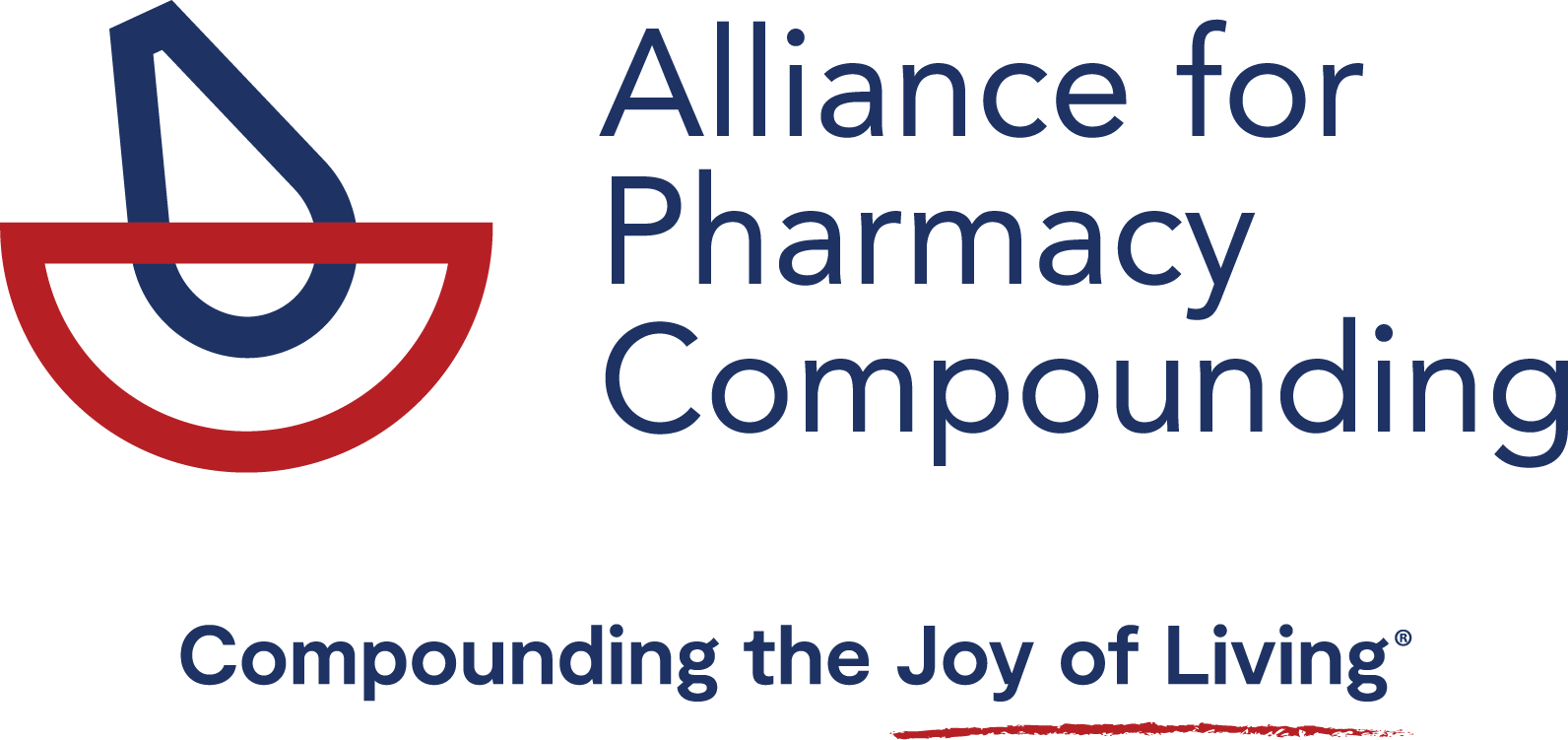
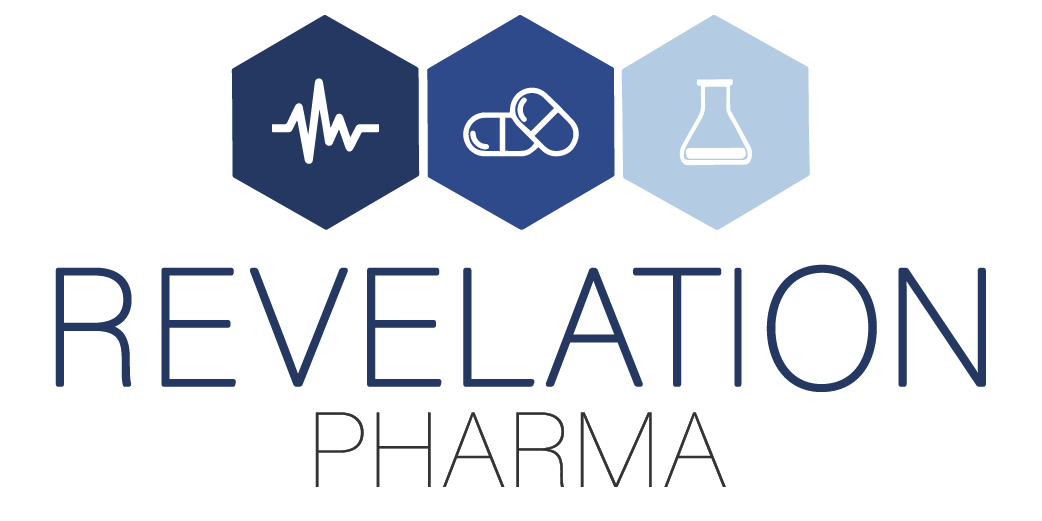




![Topi-CLICK a Division of TEAM Outlines[1]](https://a4pc.org/files/Topi-CLICK-a-Division-of-TEAM-Outlines1.png)




